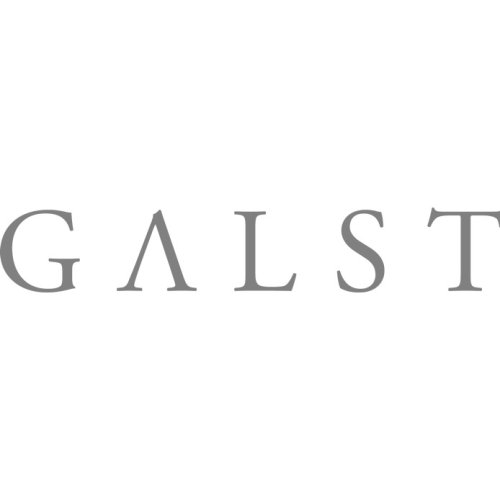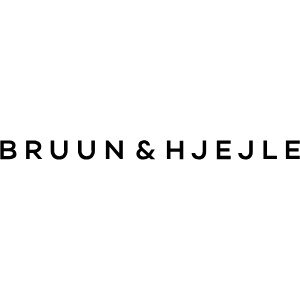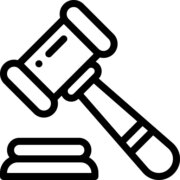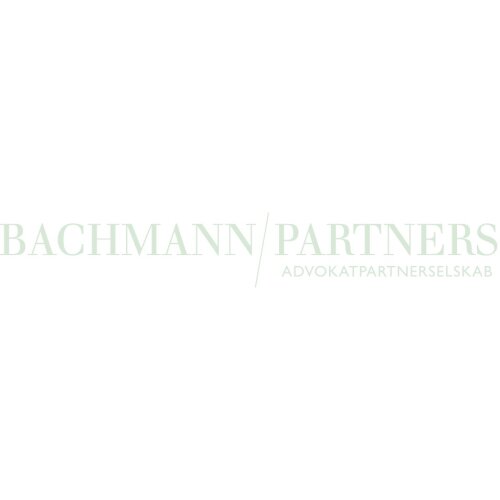Best Government Relations & Lobbying Lawyers in Denmark
Share your needs with us, get contacted by law firms.
Free. Takes 2 min.
Or refine your search by selecting a city:
List of the best lawyers in Denmark
About Government Relations & Lobbying Law in Denmark
In Denmark, government relations and lobbying are integral parts of the political decision-making process. Lobbying in Denmark is not as regulated as in some other countries, however, it is subject to transparency and ethical standards. Lobbyists, including professional firms, interest groups, and corporations, aim to influence legislation and policy by engaging with lawmakers and public officials. Understanding the delicate balance between advocacy and law is crucial for anyone involved in lobbying activities in Denmark.
Why You May Need a Lawyer
Engaging in government relations and lobbying activities in Denmark may require legal assistance in various situations. Common instances include ensuring compliance with transparency and public affairs regulations, navigating complex political landscapes, drafting and submitting position papers, negotiating with governmental agencies, and addressing any legal disputes or challenges that arise from lobbying efforts. Legal experts can provide strategic counsel and ensure that activities are conducted within the bounds of Danish law.
Local Laws Overview
The Danish political system places high importance on transparency and ethical conduct in lobbying. Key aspects of local laws include:
- Access to Public Records Act: This act ensures public access to government documents, which is essential for maintaining transparency in lobbying.
- Anti-corruption Laws: Denmark has robust anti-corruption laws to prevent unethical practices in influencing government decisions.
- Political Parties Act: Governs the relationship between donors (which can include lobbyists) and political parties, focusing on financial transparency.
- Ethical Standards: Though not legally binding, Denmark relies heavily on ethical guidelines and self-regulation among lobbyists.
Frequently Asked Questions
How is lobbying defined in Denmark?
In Denmark, lobbying is understood as any activity aimed at influencing decision-makers in the public sector to achieve specific political, legislative, or regulatory outcomes.
Are there registration requirements for lobbyists in Denmark?
Currently, Denmark does not have a mandatory registration system for lobbyists. However, there is an emphasis on voluntary codes of conduct and transparency initiatives.
How does one ensure compliance with lobbying laws?
Engaging legal counsel can help ensure compliance, as they can provide guidance on applicable laws and ethical standards, ensuring activities are conducted transparently and ethically.
What are the consequences of failing to comply with lobbying laws?
Non-compliance can lead to legal penalties, reputational damage, and loss of access to decision-makers, among other consequences.
What role do ethics play in lobbying activities?
Ethics are fundamental in Denmark's lobbying landscape. Ethical lobbying practices help maintain credibility and effectiveness in advocacy efforts.
Can multinational companies lobby in Denmark?
Yes, multinational companies can lobby in Denmark, but they must adhere to the same ethical and transparency standards as local entities.
How can I engage with legislators effectively?
Employing informed strategies, clear communication, and ethical standards are key. Legal advisors specializing in government relations can be instrumental in crafting effective engagement tactics.
Do lobbyists need to disclose financial donations to political parties?
Yes, under the Political Parties Act, there is an emphasis on transparency for donations, including their source, which applies to lobbyists.
Are there restrictions on the types of lobbying activities allowed?
While not extensively regulated, all lobbying activities must comply with anti-corruption and transparency laws. Certain governmental ethics rules also govern interactions with public officials.
What governmental bodies oversee lobbying activities?
There isn't a specific regulatory body for lobbying. Instead, activities are monitored under broader transparency and anti-corruption frameworks.
Additional Resources
Here are some helpful resources and organizations for those seeking more information or assistance in government relations and lobbying in Denmark:
- The Danish Business Authority: Provides guidance on corporate compliance including advocacy activities.
- The Anti-Corruption Unit: Monitors corruption, which can include unethical lobbying practices.
- Main Danish political parties: Publish codes of conduct which may include guidelines relevant to lobbying.
- Legal firms specializing in public policy and lobbying: Can provide personalized advice and strategies.
Next Steps
If you require legal assistance in Government Relations & Lobbying in Denmark, consider the following steps:
- Consult a legal firm specializing in political law and public affairs to get tailored advice on your situation.
- Ensure thorough preparation by gathering all relevant documents and understanding your lobbying objectives and existing legal framework.
- Use professional services to maintain ethical standards and transparency to build trust with public officials and the general public.
Lawzana helps you find the best lawyers and law firms in Denmark through a curated and pre-screened list of qualified legal professionals. Our platform offers rankings and detailed profiles of attorneys and law firms, allowing you to compare based on practice areas, including Government Relations & Lobbying, experience, and client feedback.
Each profile includes a description of the firm's areas of practice, client reviews, team members and partners, year of establishment, spoken languages, office locations, contact information, social media presence, and any published articles or resources. Most firms on our platform speak English and are experienced in both local and international legal matters.
Get a quote from top-rated law firms in Denmark — quickly, securely, and without unnecessary hassle.
Disclaimer:
The information provided on this page is for general informational purposes only and does not constitute legal advice. While we strive to ensure the accuracy and relevance of the content, legal information may change over time, and interpretations of the law can vary. You should always consult with a qualified legal professional for advice specific to your situation.
We disclaim all liability for actions taken or not taken based on the content of this page. If you believe any information is incorrect or outdated, please contact us, and we will review and update it where appropriate.
Browse government relations & lobbying law firms by city in Denmark
Refine your search by selecting a city.















